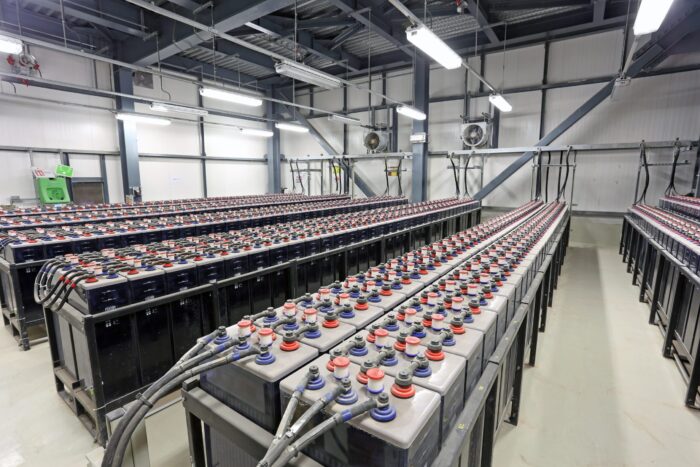Lithium-Ion UPS Systems Gaining Popularity
In today’s digitally driven world, power disruptions are more than just a nuisance — they’re a potential threat to critical systems, data integrity, and business continuity.
Whether it’s a personal workstation or a large-scale enterprise server room, having a reliable Uninterruptible Power Supply (UPS) is no longer optional — it’s an industry expectation. But not all UPS systems are created equal. That’s where the importance of industry standard UPS solutions comes into focus.
Industry standard UPS systems are designed to meet specific performance benchmarks set by global regulatory bodies and industry associations. These standards ensure that the UPS units not only provide backup power but also deliver stable voltage, effective surge protection, and safe shutdown features during outages. For professionals in IT, manufacturing, healthcare, or any environment reliant on continuous uptime, these certified devices represent peace of mind — knowing that equipment is protected from fluctuations, spikes, and unexpected failures.
One of the most common standards applied to UPS units is the IEC (International Electrotechnical Commission) guidelines, which define safety, efficiency, and electromagnetic compatibility. UPS systems that comply with IEC standards have been rigorously tested to withstand a range of real-world scenarios, from brownouts to complete power failures. In the U.S., UPS devices often also follow UL (Underwriters Laboratories) or Energy Star certifications, which assure customers of electrical safety and energy efficiency.
Another important aspect of industry standard UPS systems is their scalability and integration capabilities. These units are typically designed to work seamlessly with modern infrastructure, supporting network connectivity, remote monitoring, and automatic data protection systems. Businesses can customize configurations to fit specific runtime needs, load requirements, and physical space constraints — a flexibility that’s critical in both growing startups and established enterprises.
Moreover, adherence to industry standards often influences procurement decisions. Many government and corporate contracts require certified equipment, making compliant UPS units not just preferable, but necessary for qualification. Investing in industry standard UPS solutions also extends the lifespan of IT assets and reduces long-term maintenance costs by minimizing damage from irregular power conditions.
In a market filled with options, it’s tempting to go with cheaper alternatives, but sacrificing compliance and quality for a lower upfront cost can result in much greater losses over time. Industry standard UPS systems are built for reliability — and in a world where uptime equals productivity and security, that reliability is worth every penny.
If you’re in the market for a UPS that meets industry standards and delivers consistent, trusted performance, make sure you’re choosing certified systems from reputable manufacturers. The investment isn’t just in hardware — it’s in safeguarding your operations, your data, and your peace of mind.









